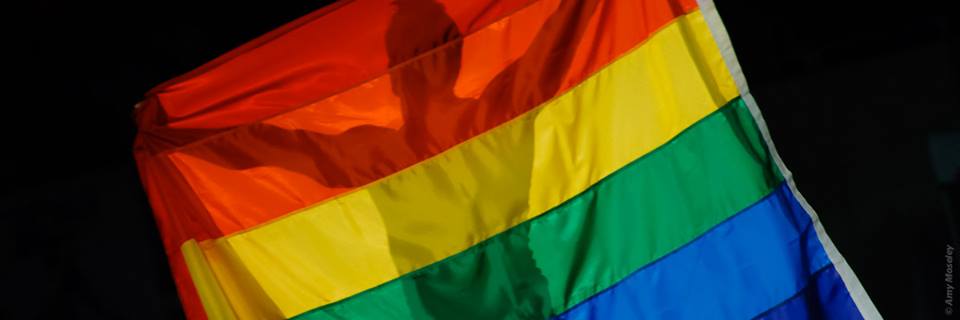House Passes ‘LGBTQ’ Equality Act Despite Serious Concerns Over Its Constitutionality Relating to Religious Liberty
 The Democratic-controlled U.S. House of Representatives passed the controversial Equality Act in a 224-206 vote on Thursday despite growing concerns over how the legislation would affect religious liberty, women’s sports, as well as other concerns. The bill now heads to the Senate for consideration.
The Democratic-controlled U.S. House of Representatives passed the controversial Equality Act in a 224-206 vote on Thursday despite growing concerns over how the legislation would affect religious liberty, women’s sports, as well as other concerns. The bill now heads to the Senate for consideration.
The Equality Act’s passage included the support of three Republicans, including Reps. Brian Fitzpatrick of Pennsylvania and John Katko and Tom Reed of New York, who joined the Democratic majority in voting to pass the bill.
“The LGBT community has waited long enough,” said Rep. David Cicilline, D-R.I., who is a homosexual and the lead sponsor of the bill. “The time has come to extend the blessings of liberty and equality to all of Americans regardless of who they are and who they love,” Cicilline asserted.
The purpose of the Equality Act as set forth by Cicilline and its sponsors is to expand the legal protections afforded under existing civil rights law in employment, housing, education, public accommodations, as well as in other areas, to include sexual orientation and gender identity as protected classes and making it illegal to discriminate against the added classes regardless of religious or conscience objections.
The bill, which was opposed by the majority of Republicans in the House, has been met with much opposition from Christian groups, as well as social conservatives, who express that the bill will inevitably lead to Christian persecution, conscience violations and other actions that will result in the loss of freedom.
These moves follow the U.S. Supreme Court’s landmark 6-3 decision in Bostock v. Clayton County, which was written by Trump-nominated, conservative Justice Neil Gorsuch. In the Bostock case, the high court ruled that a civil rights law protects both homosexual and “transgender” people from what it considers “job discrimination” in employment. One of the cases involved surrounded a funeral home that fired a man who wanted to wear a skirt uniform at work.
The court decided that a section of the Civil Rights Act of 1964, known as Title VII, which bars job discrimination on the basis of sex, among other traits, may be read to include homosexual and “transgender” employees.
Become a Christian News Network Supporter…







Comments are closed.